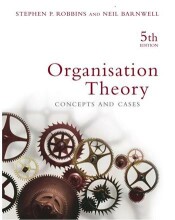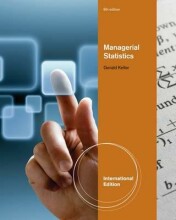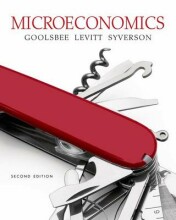Building Credible Human Capital Analytics for Organisational Competitive Advantage
14 important questions on Building Credible Human Capital Analytics for Organisational Competitive Advantage
What is the capability gap?
What are the 3 dimensions of HCA?
2. Analytical competencies
3. Strategic ability to act
What are analytical competencies/ analytical literacy?
1. Understand that business logic drives measurement (ask the right questions before collecting data)
2. Think in and build causal models
3. Understand new modes of analyses
4. Communication skills and tell a compelling story
- Higher grades + faster learning
- Never study anything twice
- 100% sure, 100% understanding
What is an organisational capability?
What 3 aspects should the development of HCA at an individual level require?
2. Acquiring and developing analysts with needed KSAs
3. Encouraging boundary-spanning behaviour outside the HCA team
What 3 aspects should the development of HCA at the processes level require?
2. Linking the results of analytics projects with existing organisational processes
3. Encouraging experimentation and enabling follow-up actions via HRBPs
What 3 aspects should development at the structure level require?
2. Creating a culture of inquiry and a habit of making evidence-based decisions
3. Equipping top management with tools for action, which should be linked to current and future strategy discussions
What are the 6 steps in the model for better analytics?
2. Build a theory of the business
3. Collect evidence
4. Analyse
5. Visualise and tell a story
6. Implement and evaluate
What are the 4 types of evidence in evidence-based solutions?
2. Experiential evidence (own knowledge)
3. Organisational values and stakeholders' concerns
4. Organisational evidence (benchmarking and reports, etc.)
What are the 3 levels of analytics?
2. Predictive (using current/historical facts to make inferences about the future)
3. Prescriptive (predict outcomes, provide decision options and show alternative business impacts)
What is the PICOC model?
Population (who?)
Intervention (what/how?)
Comparison (compared to what?)
Outcome (what are you trying to accomplish/improve?)
Context (in what kind of circumstances/organisation?)
What 3 factors are crucial to team productivity?
2. Engagement (distribution of energy among team, evenly distribution should be strived for and always high)
3. Exploration (communication outside team, bringing knowledge back)
When can machine learning be implemented without danger?
2. If 100 people asked the same question and agreed on the answer
3. If the task has been performed over time, and you have an idea of what success looks like
4. If the risk of a wrong answer is not extremely high
What are the 3 phases of strategic HRM?
2. HR strategy (reflects the principles from the philosophy
3. HR practices (specific management processes)
The question on the page originate from the summary of the following study material:
- A unique study and practice tool
- Never study anything twice again
- Get the grades you hope for
- 100% sure, 100% understanding





























